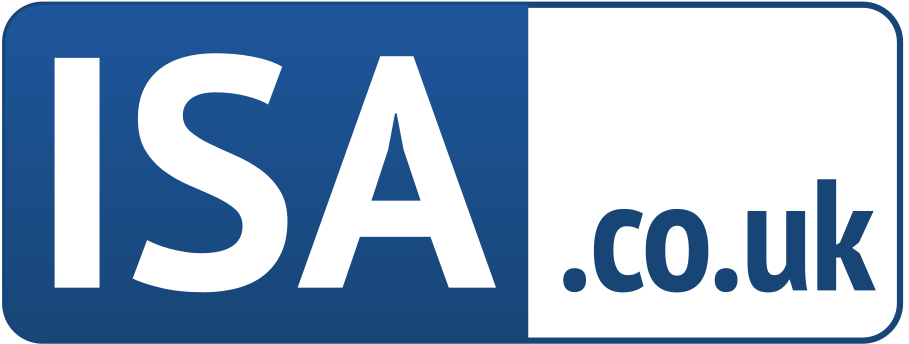Pension or ISA
Pension or ISA – What might you want to save with?
Compare ISA best sellers
View some of our 2023-24 ISA season best ISA platform sellers.
Investment ISAs put your capital at risk & you may get back less than you originally invested. Tax treatments depend on your individual circumstances and may change

INVESTMENT FUND SUPERMARKET ISAS
Stocks & Shares ISA
from Interactive Investor
Fund Choice: Access 40,000+ UK, US and international shares on 17 global exchanges. Choose from over 3,000 funds. Invest From: £25 pm
SELECTED ISAS
Stocks & Shares ISA
from Nutmeg
Fund Choice: Nutmeg offer 5 diversified portfolios with ETFs, using technology to keep charges low. Capital at risk. Approved by Nutmeg 24/02/2023 Invest From: Min. £500 single
INVESTMENT FUND SUPERMARKET ISAS
Stocks & Shares ISA
from Interactive Investor
Fund Choice: Invest in the Shepherds With Profits Fund which offers medium to low risk investing, with the aim of growing your money in a smooth manner over the long term. Please note: As with all investing, your capital is at risk you may get back less than you have put in. The value of the ISA will depend on the performance of the investments and any bonuses cannot be guaranteed. Additionally, if investment conditions are poor, we may apply a Market Value Reduction (MVR) Invest From: £30 pmPension or ISA
Both pensions and ISAs offer a tax advantageous way to save for the future; however you may be unsure which the best vehicle for you to save with is.
Which type of plan would suit you best essentially depends on how you want to save, and it is important to remember that you are not limited to having just one type product; you can have a pension, stocks and shares ISA and cash ISA if you wish to.
Accessibility
In early age it is important to consider that you will have little access to your pension savings before your 55th birthday, should you ever need them.
Younger savers then may favour an Individual Savings Account (ISA) as they may need to access their savings before they reach the state pension age for things such as the deposit on a mortgage.
Your specific circumstances will therefore likely affect at what ratio would be best for you to invest in ISAs and pensions.
Pensions
Are often made available through employers, called workplace schemes these work by contributions being taken automatically from your salary, employers often make contributions as well.
Other schemes include; additional voluntary contribution schemes, personal and stake holder pensions, and self-invested personal pensions.
With defined contribution schemes any money you invest into the product is income tax-free, you also benefit from gaining contributions through government income tax relief, based on your tax rate.
With workplace schemes contributions are usually taken from the salary of the saver before they receive any tax deductions.
ISAs
Are a kind of tax-efficient savings account, there is currently two distinct categories of ISA: Cash and Stocks and Shares.
Every eligible person is allowed to invest up to their maximum annual allowance in a stocks and shares ISA, cash ISA or a combination of both.
- Cash ISAs – Work in a similar way to standard savings accounts offered by banks and building societies. However interest the interest that accumulates on them is paid tax-free. Providers often offer different kinds of cash ISA products such as Instant Access which usually allow unlimited free withdrawals, or fixed rate products that tend to require you to lock your savings away for a predefined period of time.
- Stocks & Shares ISAs – Offer a tax-efficient wrapper you can use to invest in various types of financial products such as; bonds and gilts as well as stocks and shares. With this kind of ISA you do not need to pay Capital Gains Tax or Income Tax on any profits made from the increase in value of your investments, within the ISA. Tax is still paid on dividends however. It is important to remember with this kind of ISA that you could get back less than you originally put in, if the value of your investments goes down.
Lifetime ISAs
A new kind of ISA was launched in April 2017 designed to help people save for both their first home and their retirement simultaneously, find out more about it here.
If you would like to find out more about ISAs in general you may also want to read our full guide by clicking here to learn more about their workings:
